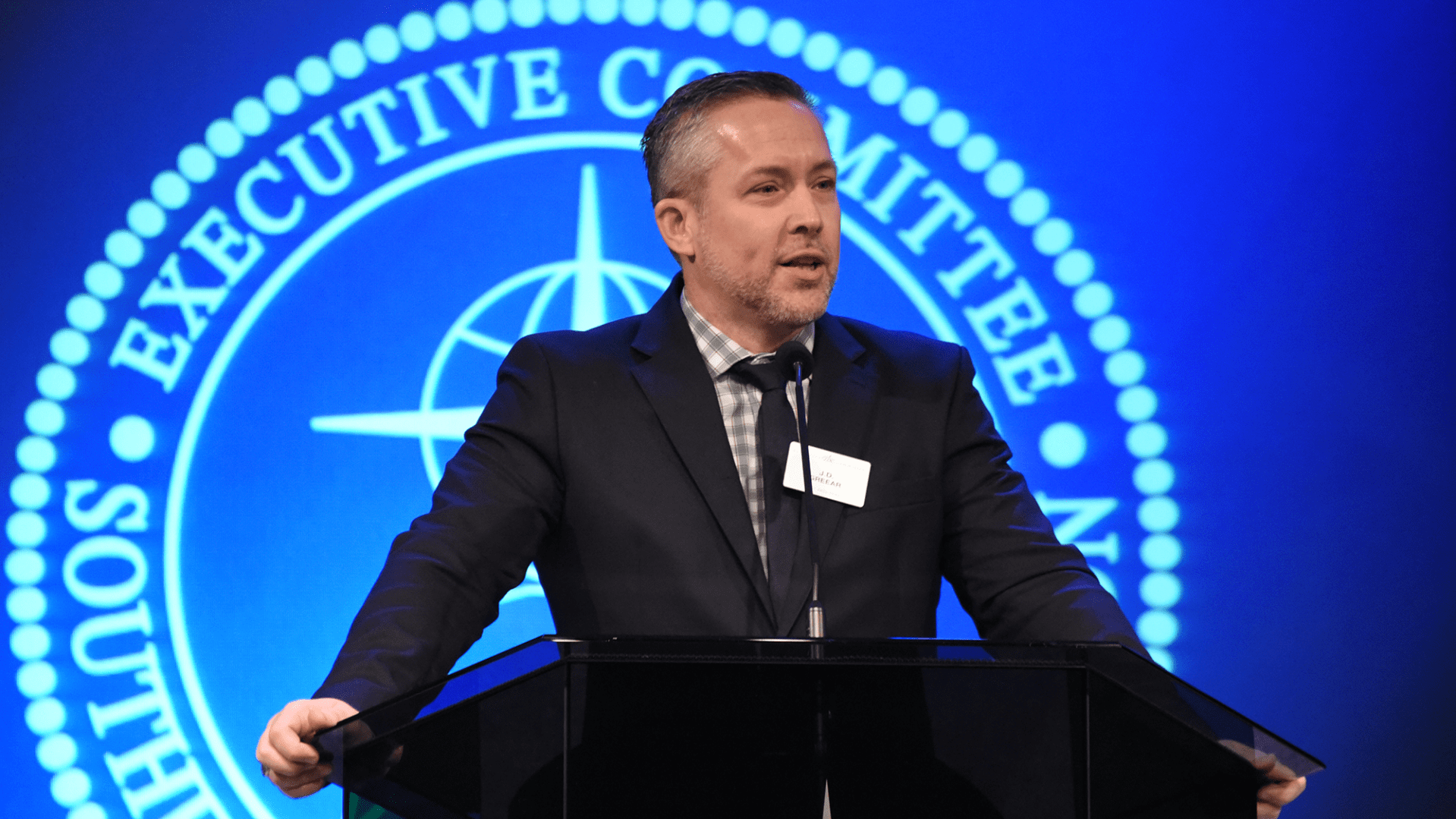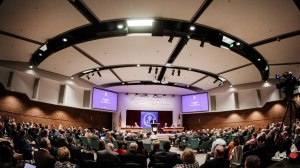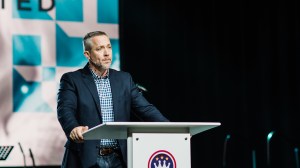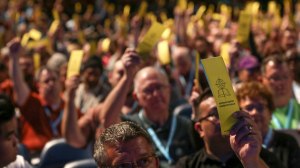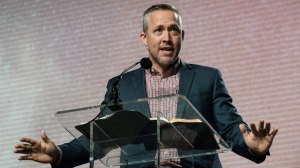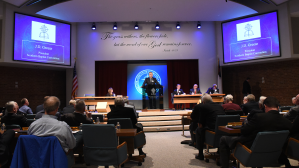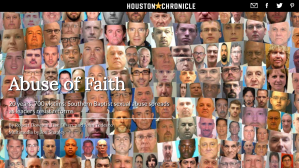In this series
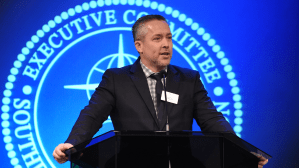
After a Houston Chronicle investigation uncovered hundreds of instances of criminal sexual abuse within its churches, Southern Baptist Convention (SBC) president J. D. Greear said the denomination needs to “repent of a culture that has made abuse, cover-ups, and evading accountability far too easy.”
Already, Southern Baptists are taking action to change their church culture, debuting this week new policies and plans to improve organizational awareness of abuse cases and train leaders to address them.
The news report drew particular attention to at least 35 pastors and volunteers who continued to work in Southern Baptist churches after being convicted or credibly accused of sexual misconduct.
At a meeting of the SBC executive committee on Monday, Greear called on the denomination to examine 10 churches who were “alleged to have displayed a wanton disregard for the seriousness of abuse” to see if they indeed meet the standards for SBC churches set forth in the Baptist Faith and Message.
Notably, the list includes Houston’s Second Baptist Church (in recent years, the third-biggest church in the SBC) and Sovereign Grace Church of Louisville, where C. J. Mahaney is senior pastor.
While the SBC can remove churches that harbor predators under its existing policy, the committee wants to now explicitly name mishandling of abuse as grounds for expulsion. If approved by the delegation at the SBC Annual Meeting this year and next year (amendments require two consecutive votes), this requirement will be added to the SBC Constitution as one of the qualifications for churches:
Has not been determined by the Executive Committee to have evidenced indifference in addressing sexual abuse that targets minors and other vulnerable persons and in caring for persons who have suffered because of sexual abuse.
Indifference can be evidenced by, among other things, (a) employing a convicted sex offender, (b) allowing a convicted sex offender to work as a volunteer in contact with minors, (c) continuing to employ a person who unlawfully concealed from law enforcement information regarding the sexual abuse of any person by an employee or volunteer of the church, or (d) willfully disregarding compliance with mandatory child abuse reporting laws.
Greear had told CNN that churches that protect abusers “have no place in our convention” and that “because of the God that we believe in and that we worship, [Southern Baptist churches] ought to be safe places for the vulnerable, and predators ought to have no place in our midst.”
The denomination may also ask individual churches about their abuse policies and any instances of abuse for the Annual Church Profile, which measures congregational membership trends year-over-year.
Greear also announced further new policies and proposals based on recommendations from a study group on sexual abuse he commissioned after his election last June, in the wake of a wave of #MeToo allegations against SBC leaders.
All SBC seminaries will now require students to undergo training on caring for abuse survivors. State conventions have also agreed to integrate further abuse training. (The SBC is preparing to launch a free curriculum created by members of the study group, including survivor advocate Rachael Denhollander and trauma psychologist Diane Langberg.)
The SBC is considering requiring background checks for denominational leaders and has urged churches to include such screening in the ordination process. The study group is still weighing options for a possible database of offenders.
Denhollander, famous for her testimony against abusive gymnastics doctor Larry Nassar and her continued advocacy for victims in the church, said it’s been “encouraging” to work on the SBC study group.
After years of speaking out against abuse cover-ups at Sovereign Grace Ministries (now Sovereign Grace Churches), she also commended Albert Mohler’s recent statement that he regretted his past support of C. J. Mahaney, who was president of SGM and pastor of the church where the alleged incidents took place.
“I frankly was not equipped to sift through the allegations and did not grasp the situation, and I am responsible for that and for not seeking the counsel of those who were,” the Southern Baptist Theological Seminary president said, reiterating a call for Mahaney to step down until an independent investigation has taken place.
“To the survivors who were hurt by my errors, please know how grieved I am.”
In addition to recommending stronger language around disfellowshiping churches over abuse, the SBC executive committee on Tuesday also endorsed a recommendation to do the same for instances of racism.
Baptist Press reported that the proposed amendment would “deem a church not ‘in friendly cooperation with the Convention’” (in other words, not a part of the SBC) if it has “acted to affirm, approve, or endorse discriminatory behavior on the basis of ethnicity.” The SBC broke ties with a Georgia church last year in what was believed to be the first instance of a church being disfellowshiped on the grounds of racism.

